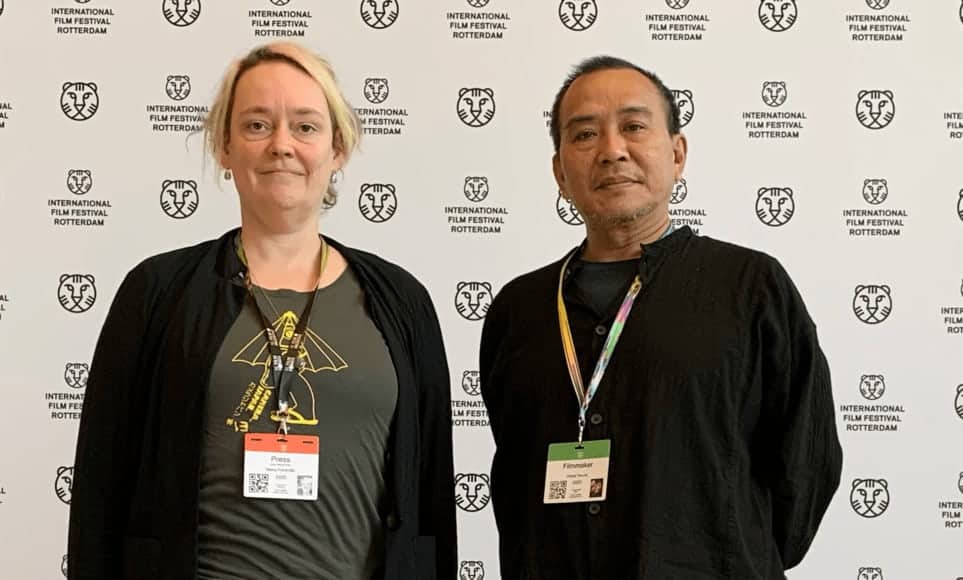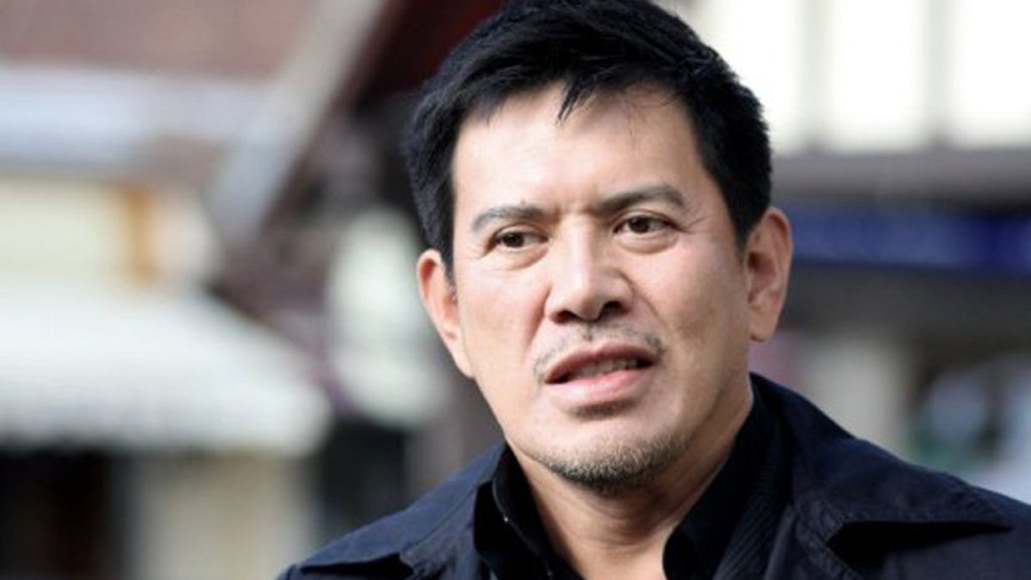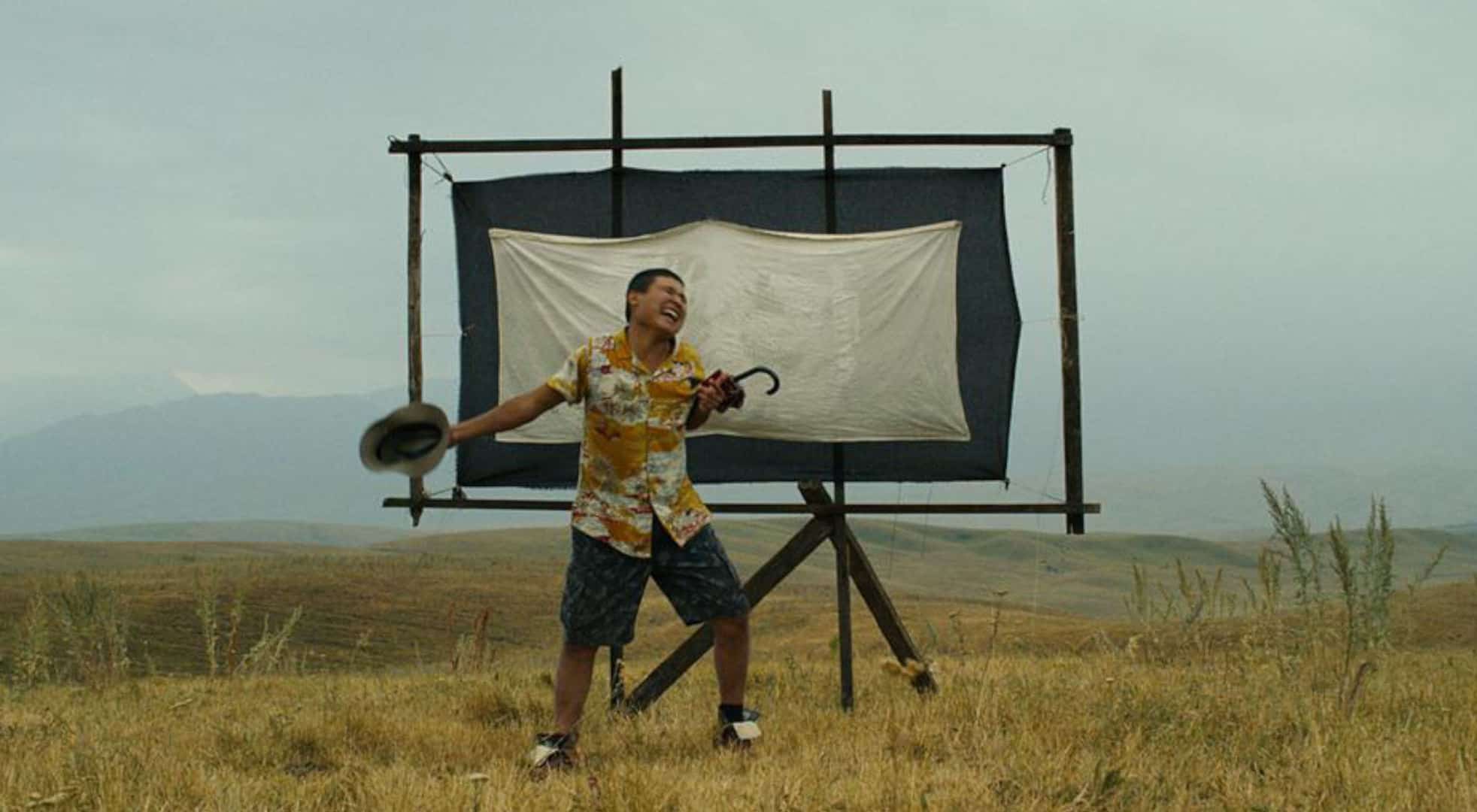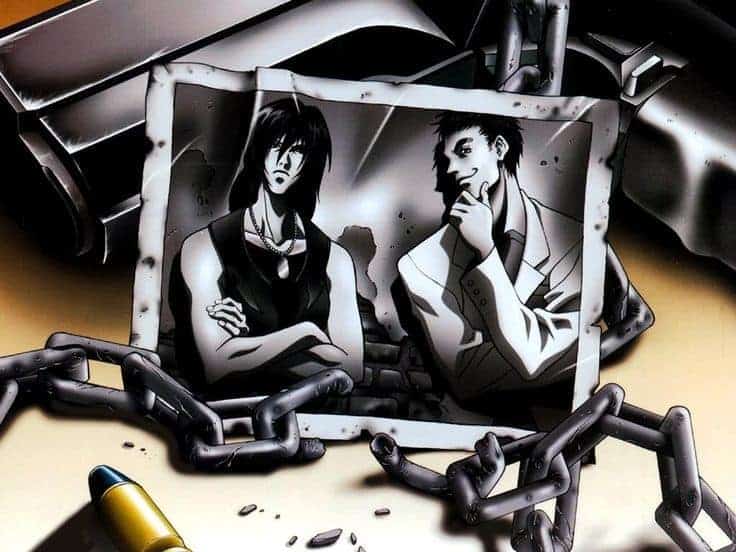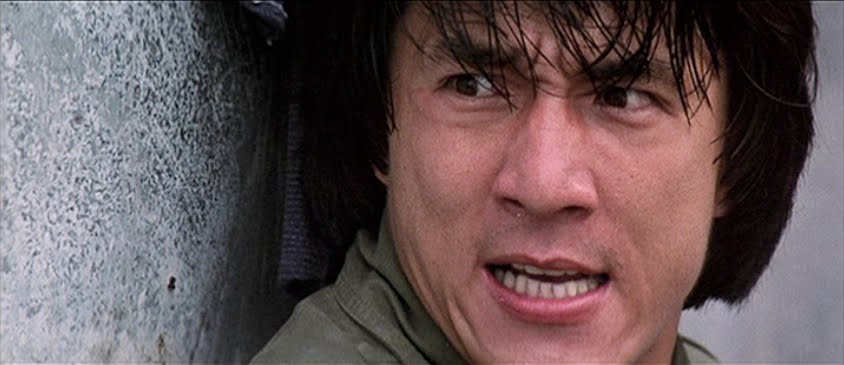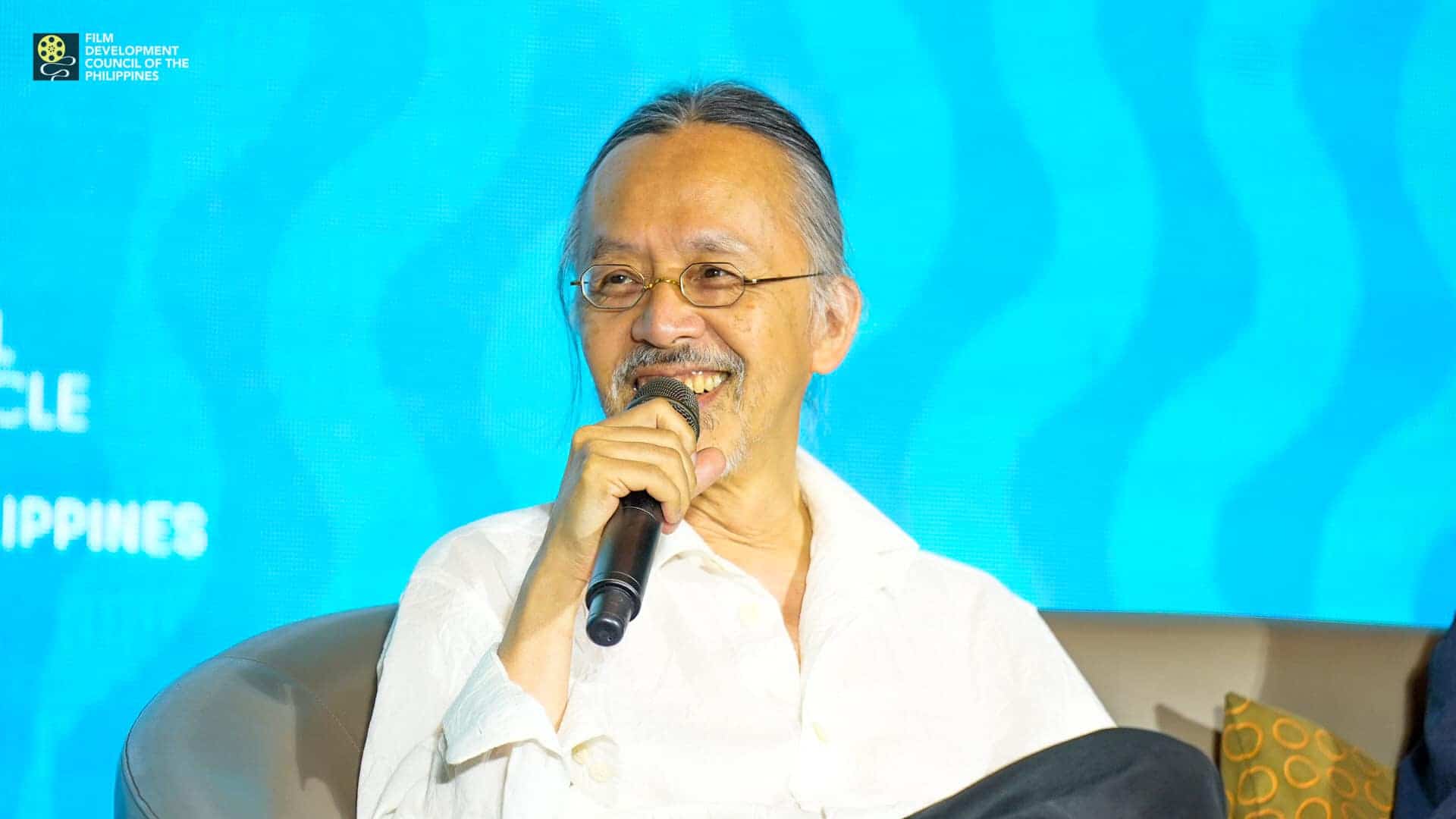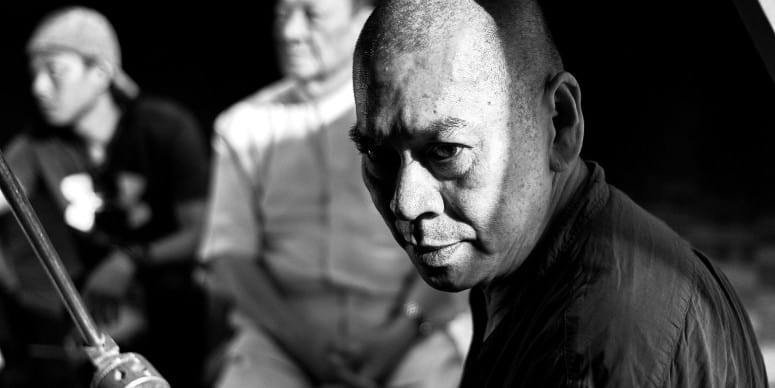Chang Tso-chi (1961) is a Taiwanese film maker. He studied film and drama at the Chinese Culture University. When he started his career in the film industry as an assistant photographer and an assistant director, he worked with renowned directors such as Tsui Hark and especially Hou Hsiao-hsien, who is a visible influence on his work. His films, like “The Best of Times”, “When Love Comes” and “Thanatos, Drunk”, were selected for international film festivals like Cannes, Venice and Berlin. “Synapses” was the opening film of the Taiwanese Golden Horse Film Festival.
On the occasion his latest film “Synapses” selected for the Voices section and the Big Screen Competition at the the International Film Festival Rotterdam (IFFR), we speak to him about losing our memories, working with professional actors, Taiwanese opera and other topics.

There is an alternative English title for the film “The Beloved Stranger”. Can you explain why you picked “Synapses”?
“The Beloved Stranger” was a working title and sort of a direct translation of the Chinese title. We came up with “Synapses” later on, and it is more of an abstract view of the chaotic situation within the family. And I think it actually captures the family situation better than the direct translation. The Chinese title “That most beloved stranger” has a contradiction in it of a stranger on the one hand and most beloved on the other.
Does that refer to the fact that people whom you love when they get dementia they change and become strangers?
Yes, however, I think it's not just people with dementia that change, but everyone. Some people,for instance, try to forget the past intentionally. I think we are born like this. The thing about becoming a stranger or becoming estranged is that it is only because we have been in contact before, because we have been dear to each other and then, for some reason, we become estranged to a point that we can call the other a stranger. In the meaning of this title, it's not a random human being.

“Synapses”, like some of your earlier films, for example “How Are You, Dad?”, revolves around the relationship between a father and his children. Does this subject have a special meaning for you?
Maybe I'm only good at this. (laughs) I like families with three generations. The grandparents symbolize the traditional and the powerful in the family. But what becomes of the family if these people, the elder generation, lose their memory? I'm not sure how Europeans view family and maybe it is a little bit different from an Asian point of view. But for me, family itself is an abstract and is a very complicated collection of emotions and human beings together.
I think you have to run a family like a business, you have to put an effort in it to make it work, to make it a family. So dining at the table is very important in Asian culture because it is where the conflict starts and where it ends or gets resolved. And because of that in many of my films you will see scenes with people dining at the table.
In the middle of quite a few disturbed relationships, there is the little boy trying to hatch this egg. Can you explain a little about the symbolism of this?
I think that children are brave, because as children we are not afraid of anything and we try things. For example, children take a screwdriver and touch the electricity and when they get shocked, they won't ever in their life do that again. We learn from these experiences and they become principal doctrines in our lives. I don't know if it is a good or a bad thing to have many principles and doctrines in our lives. So, when someone loses their memory, they probably also lose all these principles and doctrines. They forget all the things that they learned from their experiences and then, maybe, they can become free. Because that is when you gain freedom, when you lose all the things that are trapping you. So why do we have these principles in the first place? And can we choose freedom like Mr Turkey the homeless person in the film? He has everything he needs, a house,a wife, a car but he chooses freedom. I don't have an answer for that yet, so I keep exploring this in my films.
On “Synapses” you worked with professional actors for the first time in your career. Can you tell us about that choice and if you liked it?
Yes, there are some professional actors starring in this film such as Li Meng who plays the daughter and also Yang Peace. There were seven other professional actors, but unfortunately, they are cut out of the film. I thought of this as a try-out for using professional actors in future projects. But I prefer to work with non-professional actors. So, for my next film, and probably for other projects later on, I will again use non-professional actors.
They are more genuine, and you can see a lot of vitality and livelihood in them. They are not puppets of the screenplay. Also, when working with them you get a lot of surprises and so, most of the time, it is a one-take opportunity because those surprises don't repeat themselves. For me that makes it like an adventure.

How do you cast these non-professional actors? Are you looking for specific skills?
Everyone can play a role in my films. It just has to be the right one because we all play different roles in our lives. So, it's not a matter of who is a better actor or actress, but of what role suits what person best. Also when casting a family I need to see the similarities in the appearances because it has to be believable. The kid in “Synapses” for instance, was actual the quickest to be cast of all the roles. It only took me a few minutes to decide.
There is a subplot relating to Taiwanese opera where the grandmother, being part of a theatre troupe, is learning the little boy some routines. And she also makes him speak Taiwanese. Can you tell a bit more about the meaning of this in the film?
Back in the time, Taiwanese dialect and Taiwanese opera, because it was sung in this dialect, were seen as lower class. Chinese Mandarin was tied to the powerful, like the parties, and also Peking opera is seen as the better artform. So in the film, the language is also representing class differences. The grandma, who speaks Taiwanese, is married to the general, the grandpa, who speaks Chinese Mandarin, so it symbolizes the class difference between them.
The house where the family lives is the main location of the film, and it is a very intriguing construction. Is it an existing house? Or was it built for this film?
It is actually a very traditional Taiwanese house, not very common and hard to find in modern day Taiwan where architecture is mostly skyscrapers. It was actually a ruin when we discovered it and we made it into a home for the film. So, for instance, the final scene in the film was shot in reverse. And when we were filming, we were constantly worried that the house might collapse.
I like the fact that the house has two layers, two floors. There are a lot of rooms in the house, but when something actually happens within the famly is when they are dining at the table in the common room. Everything happens there.

Also, all the window, doors and archways in the house they offer many opportunities to have a frame within a frame.
Yes, and I really like the aesthetics of the cinematography of having a frame within the frame. I think it gives the frame more depth and more layers so the stories can be told just seeing the characters within the frame.
Are you enjoying your time in Rotterdam and the reactions of the audience to the film?
Twenty-three years ago, I was in Rotterdam for the first time with my first film. Everything has changed, me, the festival, the people, the city. And it's very cold. (laughs) But I think audiences from different places are similar. However, I'm not suited to do Q&A's. I think after I finish filming everything that needs to be told is in the film and there is no need for Q&A's
Final question, are you currently working on a new project?
The whole process of making “Synapses” film was very hard for me because we used big equipment and a large crew. So, for my next project, I want to use the simplest way of film making to tell the story of a young girl. I want to have a crew of no more than 10 people and to go back to the more original way of film making. I hope to finish his next film this year.


